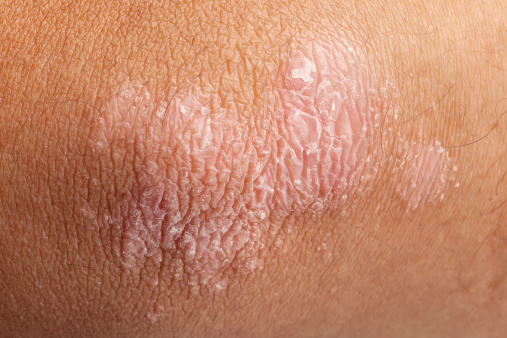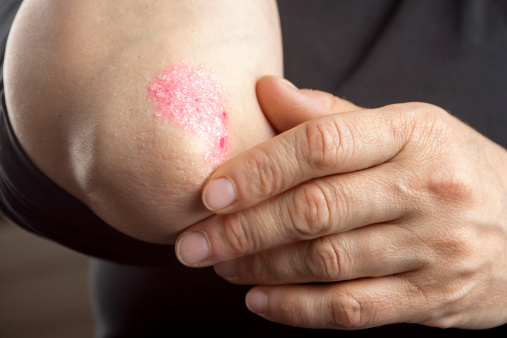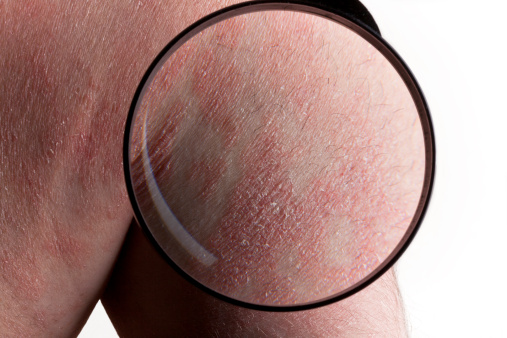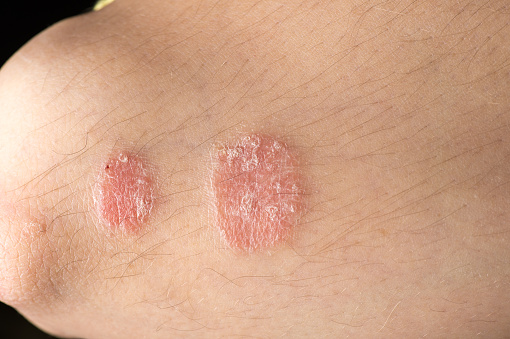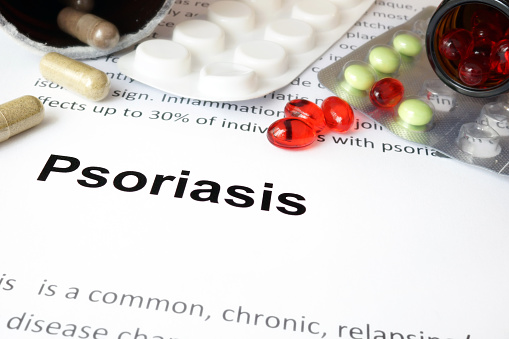Psoriasis more common in women than men: Study
Psoriasis is an abnormal skin disorder that often manifests as scaly patches that are typically red and itchy. It is considered an autoimmune disorder and it occurs more often in men than in women, according to a new study conducted by researchers at Umeå University and Karolinska Institutet. Published in the American Journal of Clinical ...click here to read more




